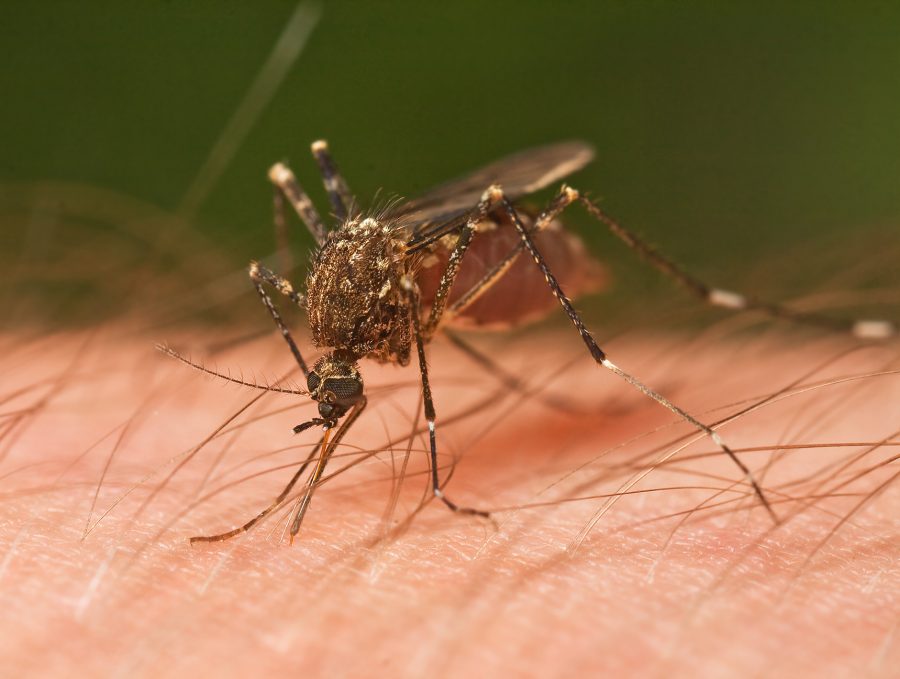The Zika Virus
March 3, 2017
One of the first things that many little girls and boys dream of being when they are young are parents. Having a child is an amazing experience but for some people it is a heartbreaking one. Many children each year are born with birth defects, stillborn, or miscarried. These are typically not the fault of the parents. Sometimes, preexisting conditions that the mother is not aware of, can cause issues with pregnancy. One of the most well known of these conditions is the Zika Virus.
If you aren’t familiar with Zika Virus, it is a disease that typically spreads through the bite of a species of mosquito called [i]Aedes[/i]. These mosquitoes lay their eggs near still water, and things like pots, buckets, and bowls. The mosquitoes themselves become infected by feeding off of an infected human, and then go on to spread the disease to more humans by feeding off of them. Zika can also be passed on through sexual intercourse. While Zika does not have any effects on fetuses when it is a male infected, a man can infect his wife through sex, and it can then infect her fetus.
Zika is most well known for being passed from mother to child. A mother with Zika has an immensely higher risk at having a child born with severe birth defects, some fatal. One of these defects include microcephaly. Some other severe birth defects that have been recorded in Zika-pregnancies include babies born with missing brain structures, vision and hearing problems, and growth issues. Zika has only recently become an issue, and you’ve probably heard about it in the news. Because of this, doctors are unsure of the numerical risk of birth defects in Zika pregnancies.
One of the more notable birth defects associated with Zika virus is microcephaly. Microcephaly is a condition where the baby is born with an unusually small head. This is due to either a lack of brain growth during pregnancy, or the brain stopped growing after birth. Some forms of microcephaly are more severe than others. Severe microcephaly is when the baby’s head is much much smaller than expected. Microcephaly has been associated with the following side effects: seizures, developmental delays, intellectual disability, problems with movement and balance, feeding problems, hearing loss, and vision problems. CDC scientists have gathered enough information to determine that microcephaly can be caused by Zika virus.
Zika Virus does not usually cause any trouble for people who are not pregnant, but it can still be spread by people who are not pregnant. There is no existing vaccine to prevent Zika, so it is important to take preventative measures when in an area with a high mosquito population, or another country. Wearing long pants and shirts can help shield yourself from mosquito bites, and wearing mosquito spray can do the same. The CDC website has lots of information on Zika, where it is found, how to prevent it, and why it is important to stay informed. Please be safe, and watch out for mosquitos!












